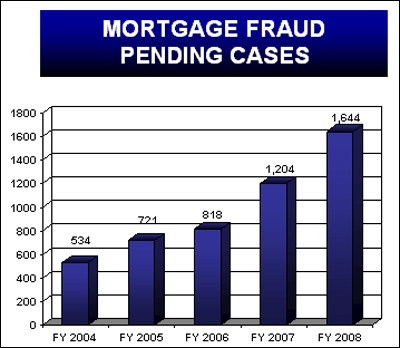Can insider trading combat accounting fraud Truth on the Market
Post on: 16 Март, 2015 No Comment

Larry Ribstein 23 August 2011
Last year I suggested that regulators would better fight corporate fraud by letting those in the know trade on the information than through the complex whistleblowing rules like those in Dodd-Frank.
3 responses to Can insider trading combat accounting fraud?
3A%2F%2F2.gravatar.com%2Favatar%2Fad516503a11cd5ca435acc9bb6523536%3Fs%3D50&r=PG /%
Prof. Wagners proposal is a variant of the insider-trading-on-bad-news-is-OK theme one hears from time to time. But he has missed his calling. He should be writing text for the Internal Revenue Code, since that is what the insider trading rules would come to look like if his approach to the subject were adopted. Hasnt anyone understood the profound significance of Richard Epsteins Simple Rules for a Complex World?
And while I am at it, let me take issue with his seeming approval of Steve Bainbridges property rights justification for banning insider trading. Wagner has it right that this represents the only serious defense of the rule. But, alas, it is wrong. Steve simply misunderstands what the property rights literature is all about.
Since the information has value, it obviously can be the subject of a property right, and property rights, like common law real property titles, must rest with someone. OK, lets give it to the corporation. (I for one have never suggested that the insiders should have any claim other than a contractual one to the information. Sloppy readers aside, I have never advocated a mandatory rule allowing insider trading).
But what characteristics will we include in this property right that we locate with the corporation? Certainly alienability would have to be one of them, as Prof. Wagner notes. But if the corporations right in the value of the the information (apart from other legal restrictions) is alienable, that would mean that the ban on the insider trading rule was a default rule which any corporation could opt out of. Opt in or opt out, this would legalize insider trading.
About the only interesting question left in the insider trading arena is why so many otherwise intelligent scholars persist in their wrongheadedness. This does not apply to Prof. Wagner, who has taken a very hesitant step in the right direction.

3A%2F%2F0.gravatar.com%2Favatar%2Fad516503a11cd5ca435acc9bb6523536%3Fs%3D50&r=PG /%
I cannot read Wagners entire piece but just in the first 3 or 4 pages I see so much to comment critically. I find the concept of fraud inhibiting inside trading confusing which in turn relies on the equally confusing concept that price decreasing insider trading is less harmful (or provides more value) than price increasing insider trading. Maybe that is true in Supercuts vs Worldcom but I have doubts about that as well. I have always been critical of Lamberts distinction and would not like too many people to assume a similar distinction without some thought.
The definition of fraud inhibiting insider trading he uses does little to capture what is fraud inhibiting. I would question why pricing decreasing trading is important; the financial injury aspect of the definition (which encompasses all stockholders of the particular issuer), the restriction of the safe harbor to those with capability to defraud the market but who did not (i presume a clean hands with power concept). I suppose this is a safe harbor for a CEO to make fraud inhibiting inside trades because he can blame his CFO for all the fraudulent accounting activities that pumped up a stock price whereas not for the CFOs admin because he/she doesnt have the ability to manage the information set available to the public. In the electronic age we all have the ability to disclose distorted information on any security and preventing the release of information is virtually impossible. Just look at yahoo message boards.
fraud inhibiting insider trading would be for the inside trader to forego the use of electronic brokers, fully inform his broker of the reasons for his inside trade before entering into it and insisting the broker market the stock only to institutions and hedge funds in private transactions after disclosure of the information to the counterparty with a prohibition on subsequent trades.
I will get around to a full reading and will look forward to reading commentary on the article in the meantime.














